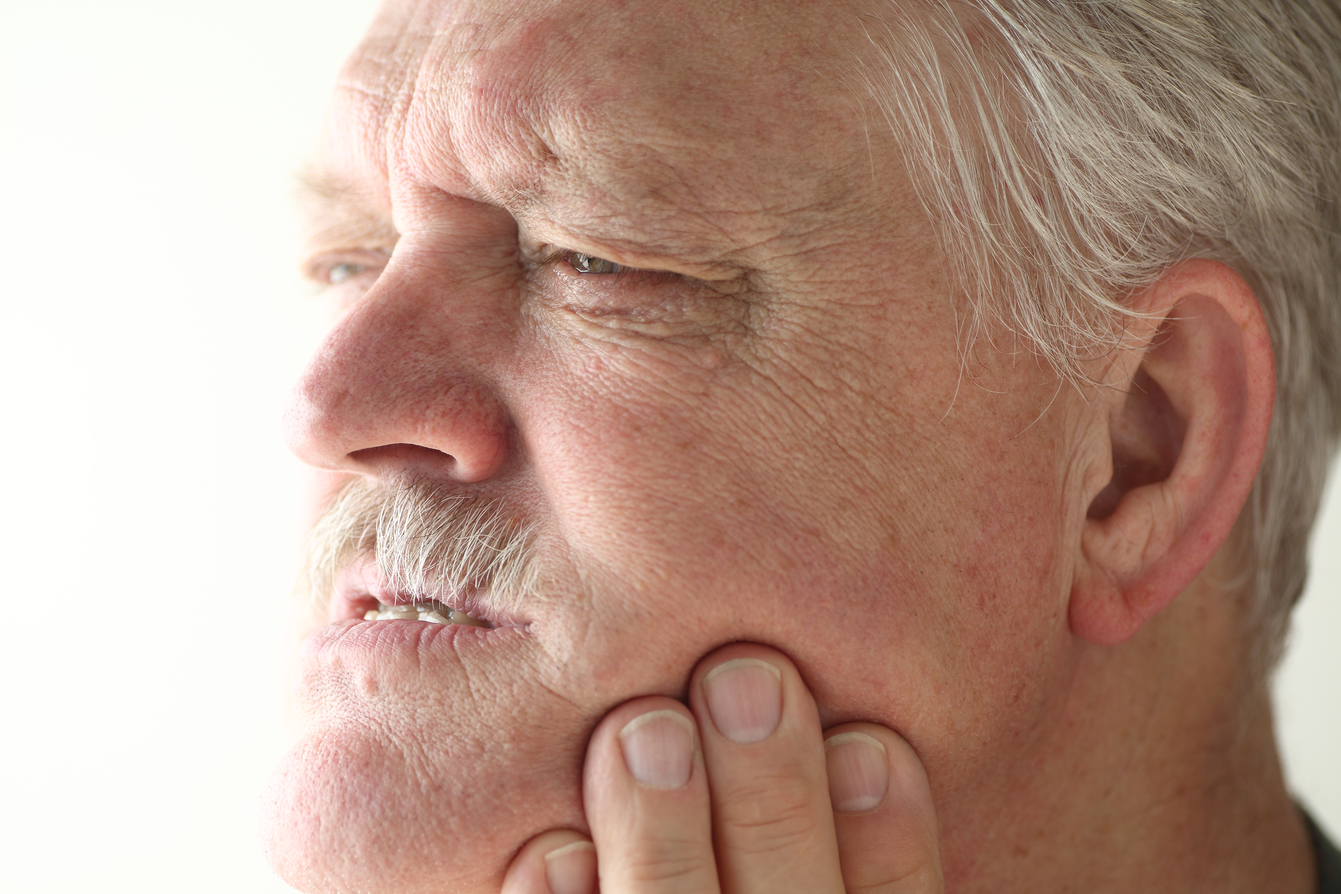What Is Teeth Grinding?
Chronic teeth grinding or clenching is a medical condition called bruxism. There are a variety of causes including stress, anxiety, sleep apnea, an abnormal bite, crooked teeth, or missing teeth.
Whatever the cause, teeth grinding can cause teeth to fracture, become loose, or fall out. Or, teeth can wear down to the point that dentures, partial dentures, implants, bridges, crowns, or root canal procedures may be required. Bruxism may eventually produce harmful changes in your jaw or detrimental changes in your appearance.

Given the potentially serious consequences, those suffering from teeth clenching should unquestionably seek bruxism treatment to help them stop grinding their teeth. Before you go for bruxism treatment, though, you have to know you have it, and knowing can be more difficult than one might suppose.
That’s because one common form of teeth grinding is sleep bruxism. As the name suggests, the sufferer grinds his or her teeth while sleeping, and how is anyone supposed to know what’s happening while he or she sleeps?
Fortunately there are warning signs of sleep bruxism that we can pick up on while we’re awake. Here are some of the more significant.
Nocturnal Teeth Grinding Warning Sign #1: Changes in the Appearances of the Teeth
We already alluded to this warning sign above, but it’s worth repeating and going into more detail. If you’re grinding or clenching your teeth in your sleep, your teeth may look too short, or your upper teeth may take on a flat, even appearance.
Nocturnal Teeth Grinding Warning Sign #2: Tooth and Jaw Pain
As bruxism wears away tooth enamel, your teeth can become sensitive and start to hurt. You might feel the discomfort only in the morning or all through the day. Sufferers may have tooth tenderness, frequent toothaches, tooth sensitivity while drinking, eating, and/or brushing, and jaw tenderness.
Nocturnal Teeth Grinding Warning Sign #3: Sleep Disturbances
Sleep bruxism can lead to sleep problems. You may find it difficult to sleep soundly or deeply. Also, if you share your bed or bedroom with another, that other person may hear you teeth grinding in your sleep.
Fortunately, effective bruxism treatment is available. In the case of sleep bruxism, the dentist often fits the patient with a customized night guard for his or her teeth.
We at Comfort Care Family Dental hope you’ve found this information helpful. If you need help with teeth clenching or with dental care in general, we invite you to give us a call.


